Mission East's commitment to crisis-affected communities
Mission East’s commitment to crisis-affected communities
November 2020
Mission East works with crisis-affected communities in the former Soviet Union, as well as the Middle East and Asia. As a dual-mandated organisation, they deliver emergency relief during disasters and long-term development assistance, focusing on Emergency Relief, WASH, DRR, Disability & Inclusion, Livelihoods and Food Security. Their way of working is to support vulnerable people and help local communities to lift themselves out of poverty and marginalisation.
An interview with Ebba Nygren (HQ Programme Manager) and Kostyantyn Bazhenov (MEAL Manager).
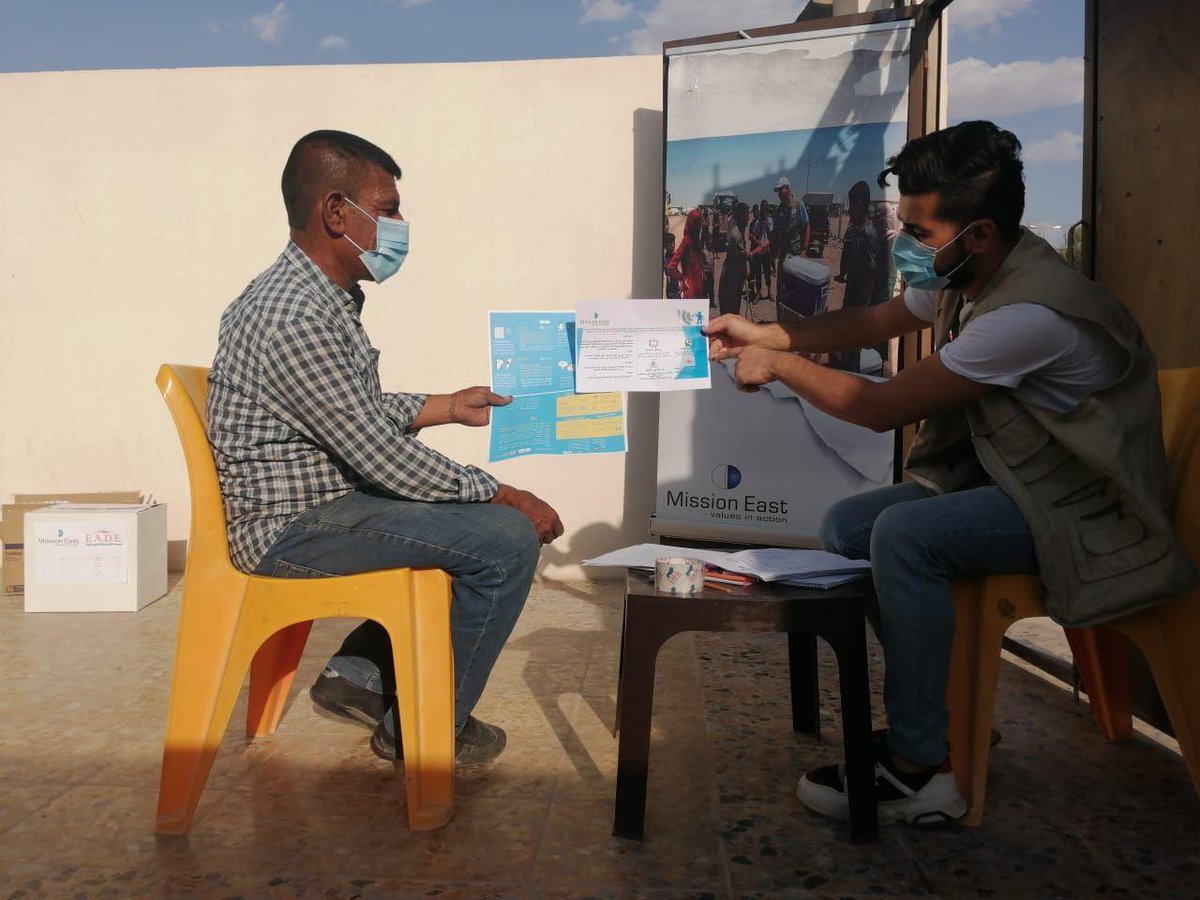
Why did Mission East decide to undertake certification against the CHS?
We are early adopters of the Core Humanitarian Standard on Quality and Accountability (CHS), member of the CHS Alliance and were part of the very early conversations when the convergence of standards happened in the sector in 2014. We were previously certified under People in Aid and felt strongly about the possibility of finding one standard across the board. Going for certification in 2017 built up on the work that we had been doing on accountability and quality. Certification against the CHS was also seen as an opportunity for learning. It is an excellent way to receive an external insight on areas of strengths and areas of improvement. It also holds us accountable to making progress in those areas.
Another factor was the request of being CHS certified or independently verified by one of our donors, DANIDA. We had hoped that other donors would recognise the CHS and our certification as a form of due diligence, and hence, reduce the duplication in due diligence processes. However, this has not progressed as fast as we wished. To date, only one German donor has shortened their due diligence process in recognising our certification. This is an area that we strongly advocate for with a network of like-minded organisations to drive change and hope to see more progress on in the future.
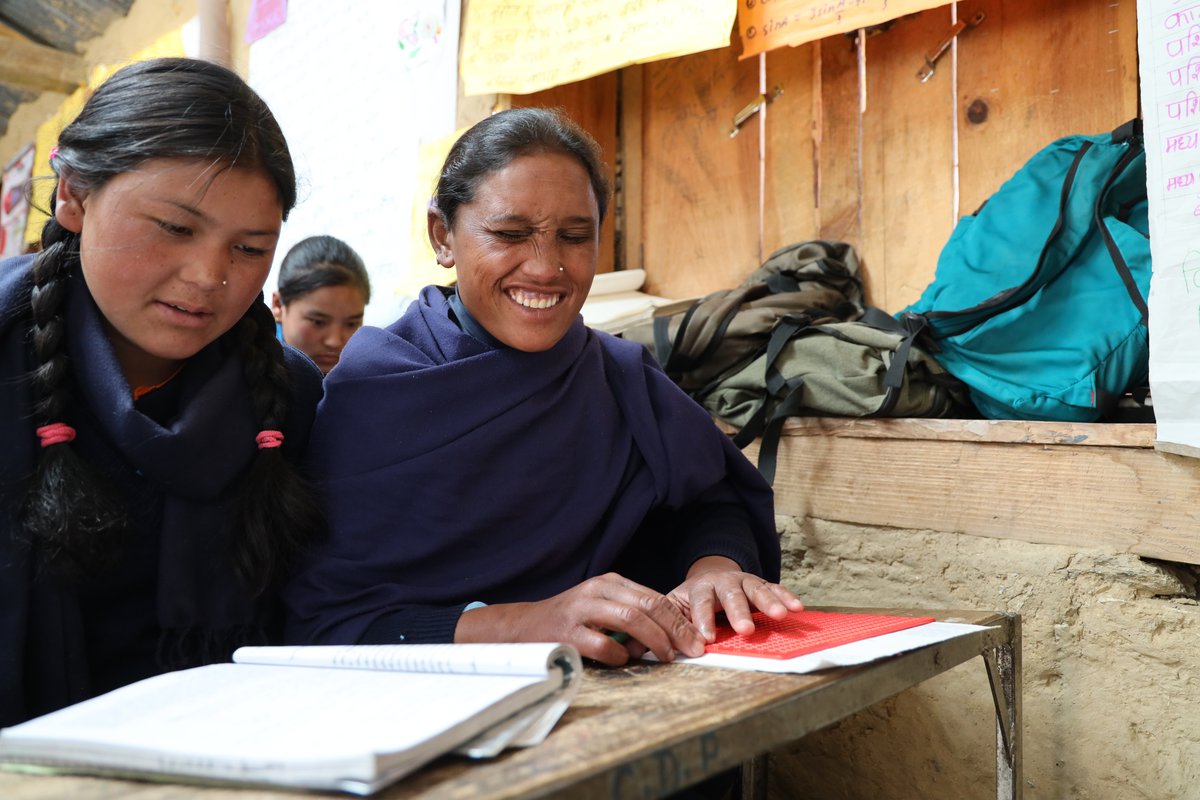
What has surprised you during the audit(s)?
The communication with HQAI and the auditors is very smooth, clear and timely. The audit reports and findings have been very useful. The areas for improvement are explained well and we get both a general overview and an in-depth analysis of strengths and weaknesses. This is then the basis for our action plan that is implemented throughout the organisation. At the same time, the certification has meant a huge chunk of work for us, both during and after the audit, especially since the weaknesses have to be addressed within a given and short timeframe. Further, collecting the evidence for the auditors, coordinating the auditors’ visit to country programmes, and setting up meetings with partners and representatives from crisis-affected communities, are a lot to organise and coordinate for our team. Especially as we have previously struggled with the amount of evidence provided, which has been time consuming for both us and the auditors.
What were your major learnings in the past three years?
There are two major learnings from CHS certification. The first is that there is always room for improvement, and we should continuously strive for improvement. The second learning is that we should celebrate our successes and achievements.
To give you an example, we, like many other organisations, received a rather low score during the initial audit on Commitment #5 - “complaints are welcomed and addressed”. Prior to the audit we had developed field standards for complaint handling mechanisms, however, the audit showed that we had a few gaps in the set-up of our mechanisms. We have since tweaked our process to ensure we consult the affected communities in the set up and monitoring of the complaint handling mechanism. These consultations have helped Mission East and its partners in getting clarification on which channels are preferred and actually used by people we work with. Working together on these issues has also further built the trust between Mission East and the affected communities. Another point that Mission East has thoroughly worked on is the referrals of unmet needs. The audit helped to push this higher up on the agenda as the tight timeframe to improve gave this an urgency to be addressed quickly and thoroughly throughout the organisation.
An example to celebrate was the good score under Commitment #6 - “coordinated and complementary humanitarian response”. We are proud of our way of working with partners and the way we engage with local governments and authorities. The external audit confirmed our partnership approach and gave a seal of confidence that the approach we have worked very hard on is working very well. This is especially important for us as we have a partner-led approach in a number of countries where we have chosen not to do direct implementation.
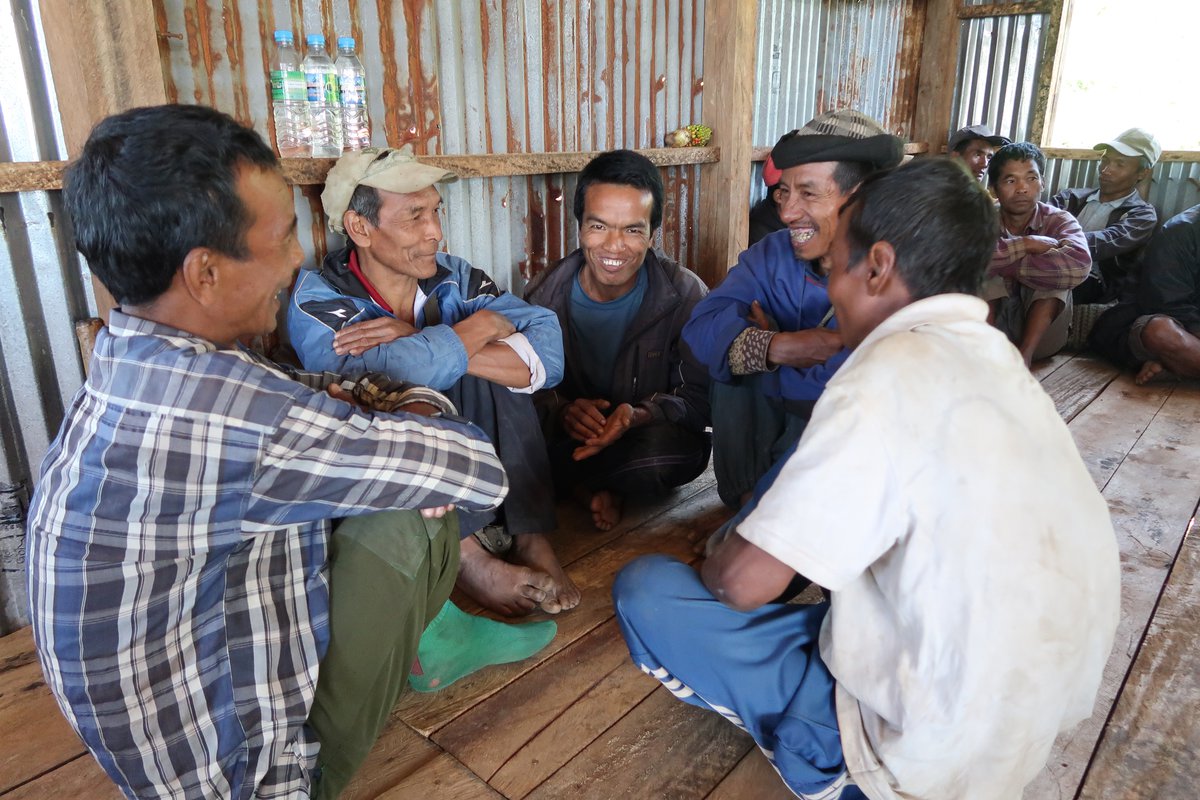
How did your network such as members of the affected communities, partners and donors react to your certification? Do people see the change?
A change that was recognised and appreciated by members of the affected community was working with them on complaint handling mechanism. This was recently shown by an evaluation of our COVID response in Afghanistan in which 89% of the recipients knew how and where to complain, with some having used the mechanisms established. COVID-19 led to certain tweaks in our complaint mechanisms. Community consultations happen under the rules and regulations of the country we work in and we made sure to have alternatives to face-to-face complaints with which people feel comfortable.
Our donors are very satisfied with the CHS certification. It is a requirement for DANIDA, however, other donors have not yet simplified the due diligence processes to reduce duplication.
As we are an early adopter of the CHS and have experience in the CHS certification process we share what we have learned with other organisations. We found that many organisations struggle with similar issues, so there has been a great opportunity for mutual learning and a supportive space to exchange knowledge.
For our local implementing partners, it depends very much on the context how much they are aware about the CHS. Our localisation programming has a very strong component of capacity building of local partners. This work is informed by the CHS and partners get to know it. We would generally support any local partner who wanted to get independently verified or certified but this would depend on the maturity of the organisation, their capacity and other factors. We often work with organisations that need capacity building and support in developing their own systems before they can think about going through an external, independent audit.
Would you recommend other organisations to get certified?
We hope that more organisations get on board with CHS certification or independent verification and, together, push towards better recognition of the standard by donors. However, it really depends on each organisation, their financial capabilities, the internal structures, and their capacity.
Mission East
Explore Mission Easts profile and latest audit reports
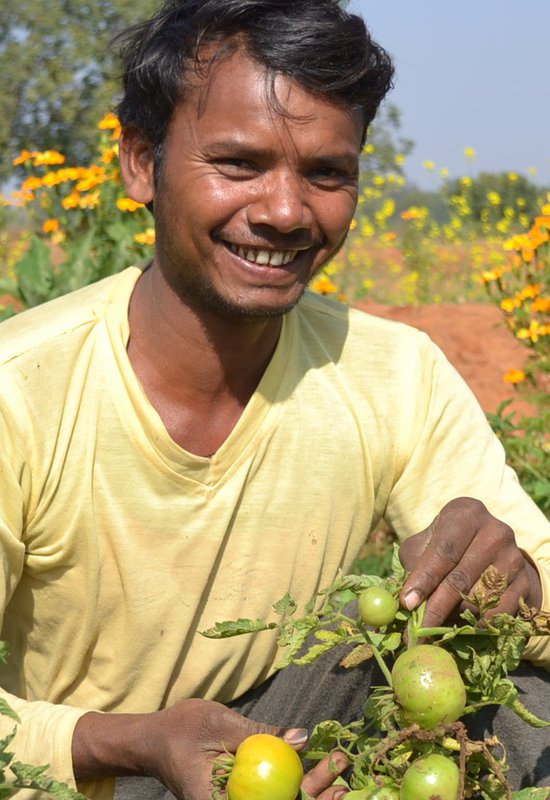
Subsidy Fund
HQAI makes sure its services remain relevant and accessible to the diverse organisations involved.
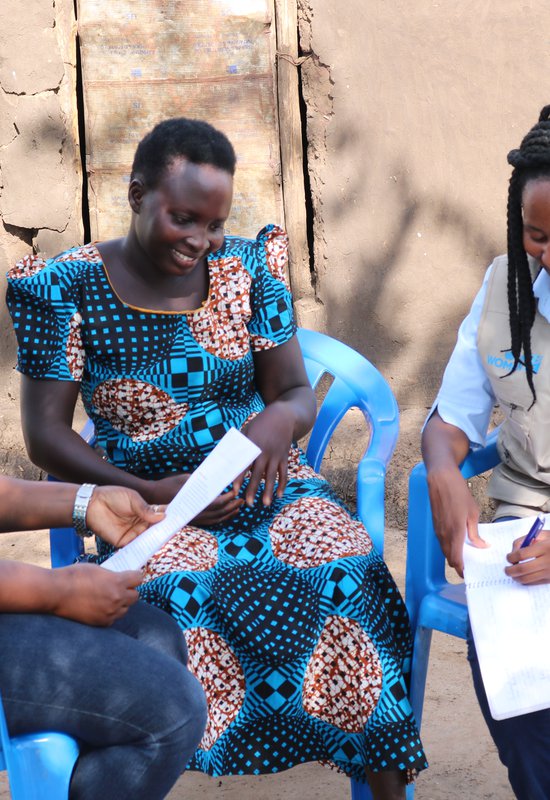
The Subsidy Fund is revolutionising organisations
TPO Uganda's take on independent verification against the CHS.
Category